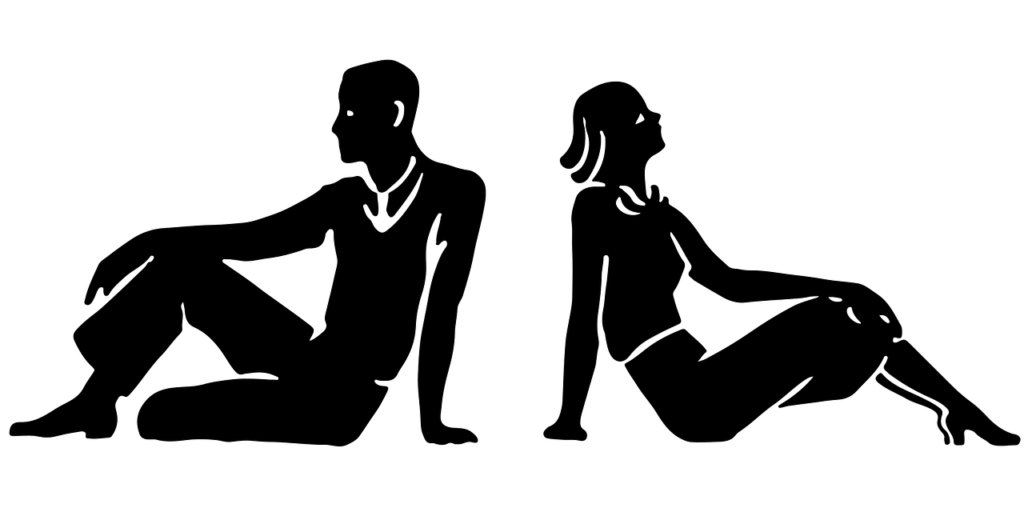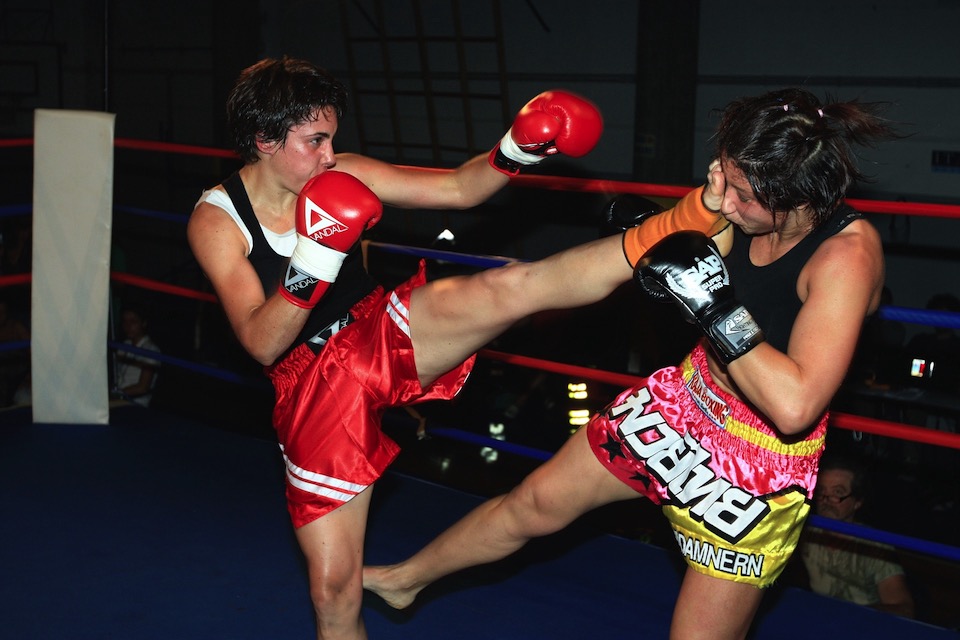The Martial, the Philosophical, and the False Division
Over the last number of years I have come to realise there is a fundamental, false division amongst aikidoka. It’s an interesting one and very easy to define. On one side there are aikidoka that are convinced that aikido is a martial art. On the other, there are aikidoka convinced it is not a martial art. What intrigues me about this is that they vehemently disagree with each other. For a group of people studying a system of harmony, the depth of their disagreement is quite astonishing.
At the heart of this false division are two separate views of the art. Some aikidoka consider it a martial art and look at aikido as a fighting system and nothing else. In contrast, some aikidoka see it as a system of philosophical development, and may insist it is not a martial art at all. On one memorable occasion I had an individual tell me, “The one thing aikido is definitely not, is a martial art”. This individual practiced aikido extensively, but insists it is a system of self development.

Obviously not everyone fits into these two camps. As with many things there is a spectrum that people lie on. Some people train more martially, others less so. Some people study the philosophy heavily, others less so.
The only thing I am reasonably certain of with regards to this false division in the art is that it shouldn’t exist. The fact that it does exist is a little concerning. What the people at the extreme ends seem to miss is that they are both right, and they are both wrong. Aikido is a martial art and a system of personal development. I do not believe you can genuinely comprehend the whole art without both aspects.
A Problem In Two Halves
There is a tendency among those who view it in a strictly martial sense to miss the underlying lessons of the techniques. Many of these lessons can teach you how to be a better person and live a more harmonious life.
Among those who do not have the martial aspect they generally miss the lessons because the techniques tend to be martially invalid. There is a derogatory term for this group of people. Aiki-dancers. The sad fact that this term exists should illustrate how deep this false division runs.
The Martial Problem
Those with a heavy martial influence face several issues. The first is that under the current teaching methods it’s very difficult to train aikido martially enough to become a competent fighter. In fairness, the majority do recognise this problem and many cross-train in other arts as a way around it.
There are other difficulties though, such as that, in some ways, they miss the teachings of aikido. The techniques taught in the dojo contain many life lessons. A strong focus on the martial aspects tends to lead aikidoka away from them. It becomes very easy to miss the lessons of harmony, of peace, of compassion.
A particular mindset seems to develop which tends to produce a narrow view of other aikidoka. It can lead to the sometimes strange statement, “That’s not real aikido”. There is also a tendency to claim that any training without full-contact sparring is functionally useless. If you took these aikidoka at face value then every training session is a free for all in which anything goes. How anyone could survive a session would be a mystery.

Of course it’s just talk though, it has to be or students would not return. You cannot simply put on gloves and begin to spar at full speed. That would be neither helpful nor productive. It’s also not how sparring works.
The Philosophical Problem
What of the others though? Well they have their own issues to contend with. The first and most obvious is that they have no concept of what it is like to be attacked with intent. By this I mean that someone is making a concerted and sustained effort to strike them. It also means that they have no idea what it feels like to actually be hit. For a group of martial artists this is a bizarre state of affairs.
The second issue that comes to light is a direct result of the first one. The attacks often lack true intent, which means they lack danger. Without danger the techniques gradually become less martially valid. This becomes very clear when you look at the distancing, timing, and the balance of the uke. In this style of aikido there is a tendency for uke’s to fall even though they are completely on balance. The nage’s fail to maintain kuzushi because they are in no danger. Unfortunately, the complicit nature of uke and nage means that most fail to realise this situation has occurred.
The lack of martial effectiveness in their technique generally causes them to miss the lessons of aikido. For instance, it is very difficult to understand the teachings of compassion towards a violent enemy if you’ve never actually faced one.
Like those with a strong martial focus, a narrow mindset tends to form and the accompanying statement, “That’s not real aikido” can be heard.

Be Canadian
I generally consider it like this, one group are french, in France, speaking french. Sometimes they travel to Belgium, Luxembourg, Monaco or another french speaking nation. In those countries they are understood just fine. Other times they go to England, USA or Australia and nobody has a clue what they are saying.
At the same time the other group are english, in England, speaking english. Sometimes they travel to USA, Australia, New Zealand or another english speaking nation. The people there understand them just fine. Other times they go to France, Belgium or Luxembourg and nobody has a clue what they are saying.
What we should all be trying to be, to actually get anywhere, is Canadian, where both french and english are official languages that everybody speaks.
As noted there’s a spectrum at work here. At one end are the highly martially focused, at the other are the personal development focused. The sad thing is that people at either end can’t, or won’t, move their position enough towards the middle to see what the other is doing. Nobody wants to be Canadian, which is a shame, because by all accounts it’s a very nice place.
If you can afford it, and would like to help out,
consider donating some brain fuel!
Also, if you enjoyed this post you can find further insights in this book.